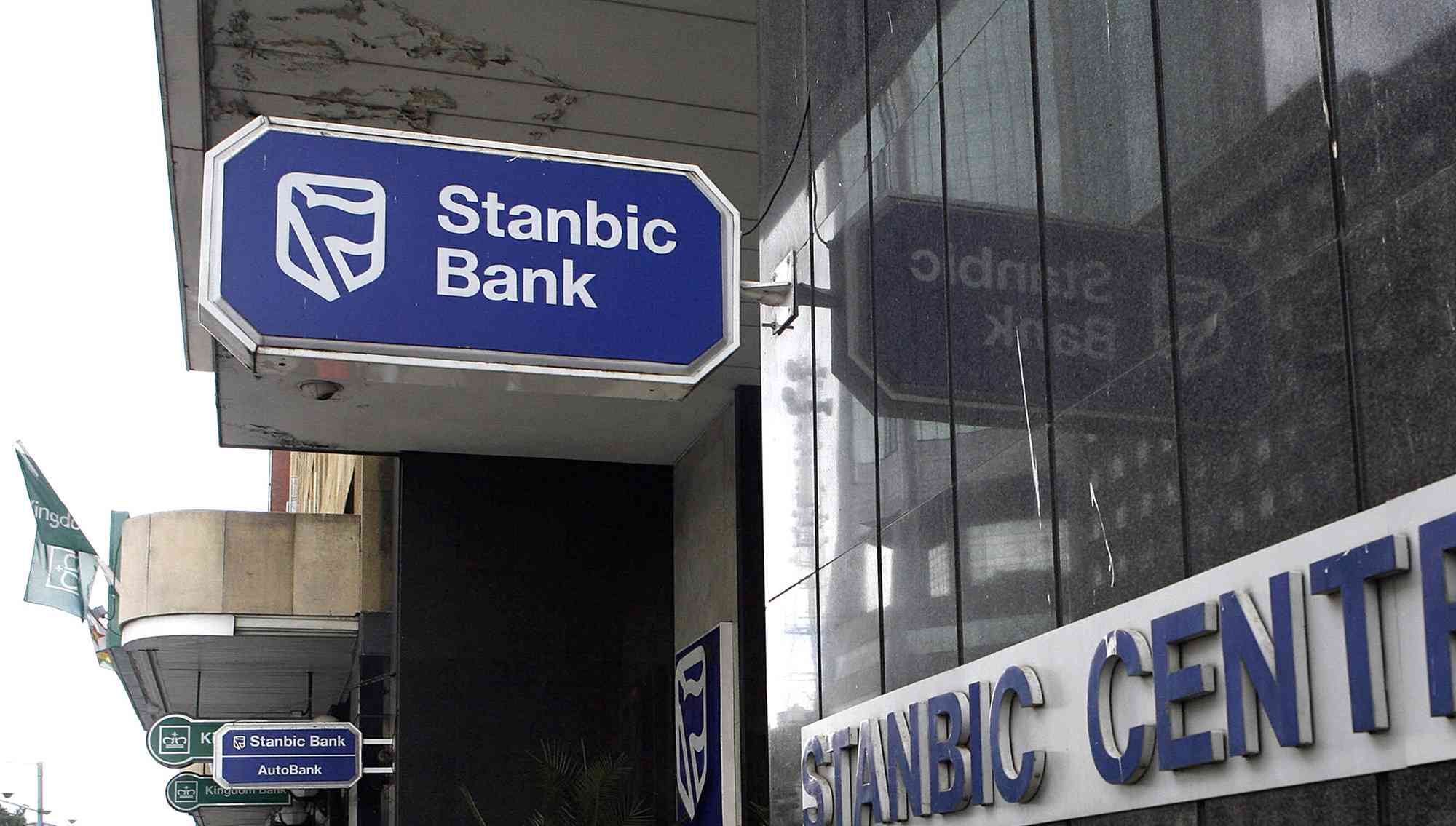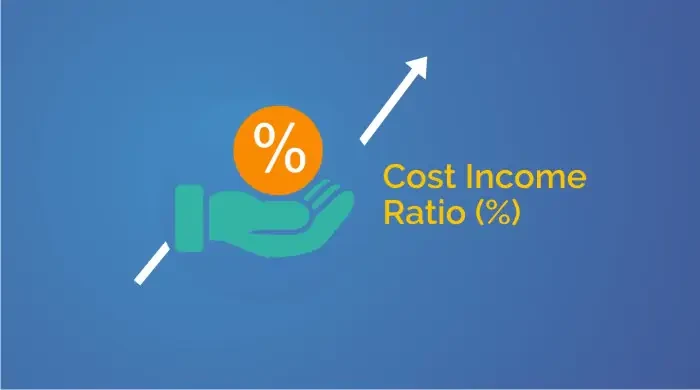
Brent crude oil fell on Wednesday on mounting concerns that European leaders would fail to solve the region’s debt crisis at a meeting this week, offsetting tighter North Sea oil supply which saw it bounce the previous session.
U.S. crude oil gained, however, supported by tighter North Sea oil supply, while strong U.S. data also improved the demand outlook, offsetting concern that European leaders would fail to solve the region’s debt crisis at a meeting this week.
Demand for long-lasting U.S. manufactured goods rebounded more than expected in May and a gauge of business spending plans increased, improving a demand picture that had been dimmed by weak data from Europe.
Brent crude was down 13 cents to $92.89 per barrel by 1259. U.S. crude was up 41 cents at $79.77.
An oil strike in Norway closed some oil platforms and pushed up Brent prices on Tuesday, and news that the strike has now cut output by 240,000 barrels of oil per day, higher than previously estimated, kept the supply picture looking tight.
Norway does not plan to intervene to halt the strike and may change its stance should it escalate, labor minister Hanne Bjurstroem said on Wednesday.
German Chancellor Angela Merkel snuffed out the idea of common euro zone bonds, which are favored by France, Italy and Spain, saying that Europe would not share total debt liability “as long as I live”.
Low expectations for a bold move from a Thursday summit of European leaders to halt contagion from the 30-month long debt crisis kept traders nervous, and many think there’s scope for further weakness.
- Chamisa under fire over US$120K donation
- Mavhunga puts DeMbare into Chibuku quarterfinals
- Pension funds bet on Cabora Bassa oilfields
- Councils defy govt fire tender directive
Keep Reading
“I think it will retrace back to $90 (per barrel), said Christopher Bellew, at Jefferies Bache.
“As long as Saudi production remains so high, it would take a bigger-than-expected disruption from Iran to push prices high again, with poorer-than-expected data in China and Europe.”
Saudi Arabia is showing no sign of changing its policy of high oil output to support global economic growth, despite a fall in crude prices below $90 a barrel for the first time in 18 months last week.
Brent on Tuesday posted its largest daily percentage gain since March 1, settling above $93 for the first time in a week after Norway’s Statoil ASA (STL.OL) said it would shut four more oil platforms in the North Sea.
This will reduce output at the world’s eighth-largest oil producer by 150,000 barrels per day.
Investors, who are closely watching for clues on the supply-demand dynamic, were awaiting U.S. inventory data from the Energy Information Administration.
U.S. crude stockpiles were forecast to have fallen by 500,000 barrels last week because of a drop in imports, an extended Reuters poll of analysts found, ahead of to be released at 1430 GMT.
But data from the American Petroleum Institute (API) late on Tuesday showed an unexpected rise of 507,000 barrels last week.
Oil is on track to drop more than 20 percent in the second quarter, the largest three-month fall since the financial crisis in 2008, due to demand concerns triggered by economic worries.
U.S. and EU sanctions on Iranian crude are due to start this week, on July 1, but the impact was expected to be marginal as higher output from OPEC helped fill the shortfall, Creed said.
Iran on Tuesday urged the European Union to reconsider the embargo, saying that it wanted engagement and not confrontation with the bloc.











